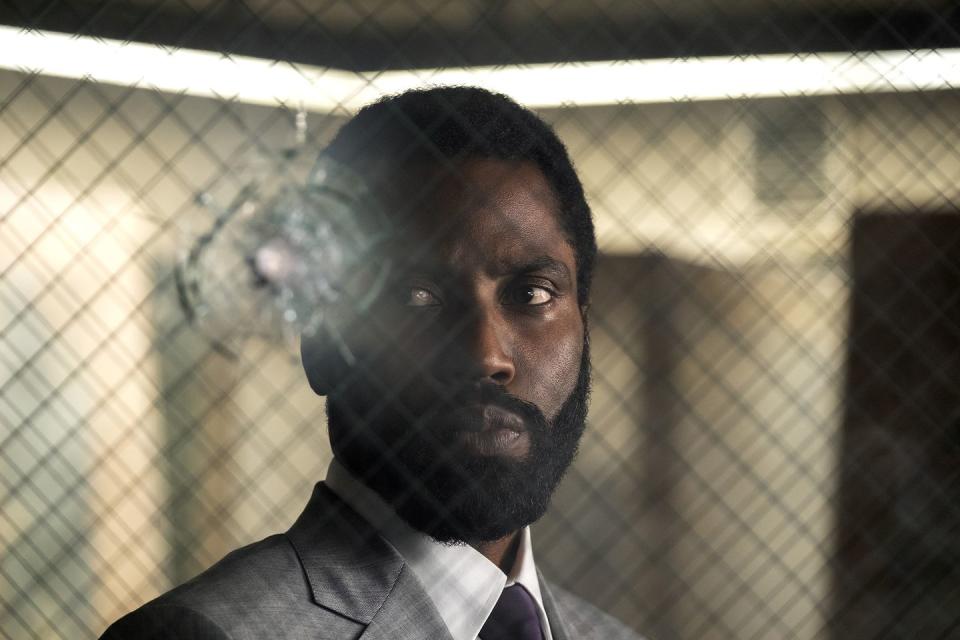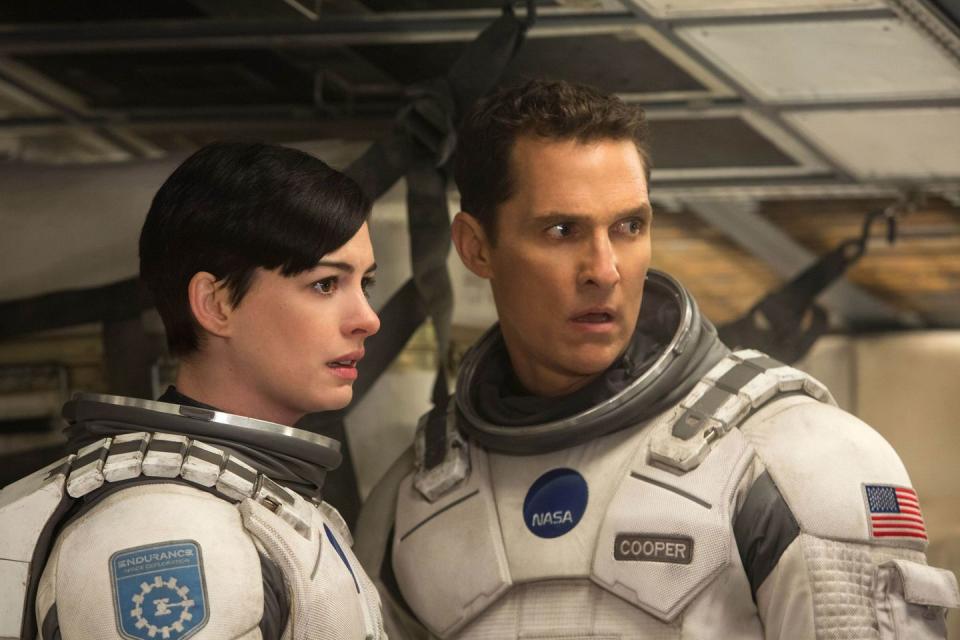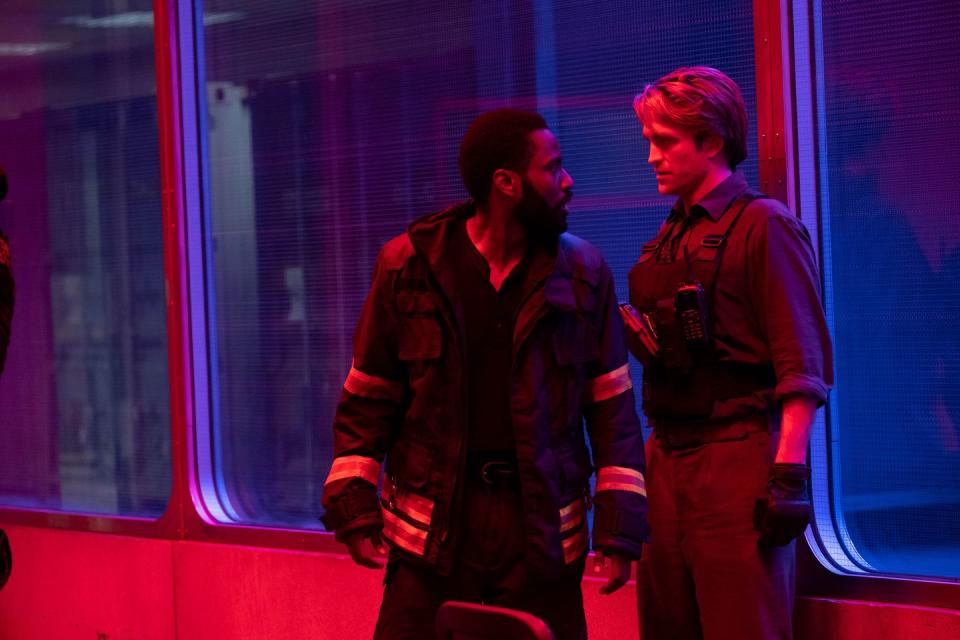A new fan theory connects Tenet to Interstellar and it actually makes sense

When Tenet's first trailer debuted what seems like a lifetime ago, fans of Christopher Nolan's movies were quick to point out repeated themes from the other films in his body of work. Nolan has always been interested in time, memory and reality as they intersect, and Tenet seemed to be the apotheosis of all of these things.
There was something about Tenet that led many people to draw parallels to Nolan's 2010 film Inception; some saw it as a sequel to the movie, while others called it a companion film — something that exists in the same universe and themes but isn't a direct follow-up.
However, Inception doesn't toy with time exactly, but rather with the subconscious and in this way, as far as we're concerned, it's better linked to another Nolan work, Memento.
As for Tenet, a new theory on Reddit posits that it's actually the prequel to Nolan's 2014 film Interstellar.

Thematically it's certainly more closely tied to Interstellar. When you cut through the timey-wimey aspects of it, Tenet is about a group of people trying to find an alternate future for a doomed planet (being thwarted by The Protagonist and the Tenet organisation, of course).
Interstellar is basically about the same thing, and both movies involve time manipulation. The abridged story of Interstellar is that Joseph Cooper (Matthew McConaughey) tries to save humankind, but winds up in a giant tesseract built by future humans in which he can exist across space and time, and uses this to transmit information to his daughter in "the past". Sound familiar?
Tenet's future humans are bad guys (to us in the present, anyway), who have figured out how to reverse the entropy of objects to send them backwards in time, and then build an algorithm to reverse the entire Earth's entropy, too. If they're capable of this, who is to say that in several years time they won't be able to also create a wormhole through which they can time travel?

Related: Tenet fails Elizabeth Debicki's Kat in a big, big way
In addition, there's the very real connection of the environmental destruction of the Earth. Though it's presented only as a throw-away line in Tenet, it is the entire backbone of Inception, linking the two films on a deeper and realistic thematic level.
This isn't the only theme touted in both films that have similar cores. Tenet's entire plot rests on the philosophy that whatever happened will always happen.
The Protagonist raises this point to Neil, pointing out that if they're all there, surely that means they succeeded; Neil doesn't agree or disagree. In Interstellar, the prevailing philosophy is Murphy's law, which states: anything that can go wrong will go wrong. (Presented optimistically in the film as "anything that can happen will happen".)

They're not the same but they both play with the idea of predetermination, though Interstellar is more fatalist than Tenet. In each film, there is a sense that though we think we're making choices, we're all just part of some bigger machination that we can't quite see or understand.
Of course, there's the little sticking point that Michael Caine appears in both films. And, of course, that Nolan himself has never said anything about Tenet being related to any of his other work at all. Make of that what you will.
Tenet is now out in cinemas.
Digital Spy has launched its first-ever digital magazine with exclusive features, interviews, and videos. Access this edition with a 1-month free trial, only on Apple News+.
Interested in Digital Spy's weekly newsletter? Sign up to get it sent straight to your inbox.
You Might Also Like

